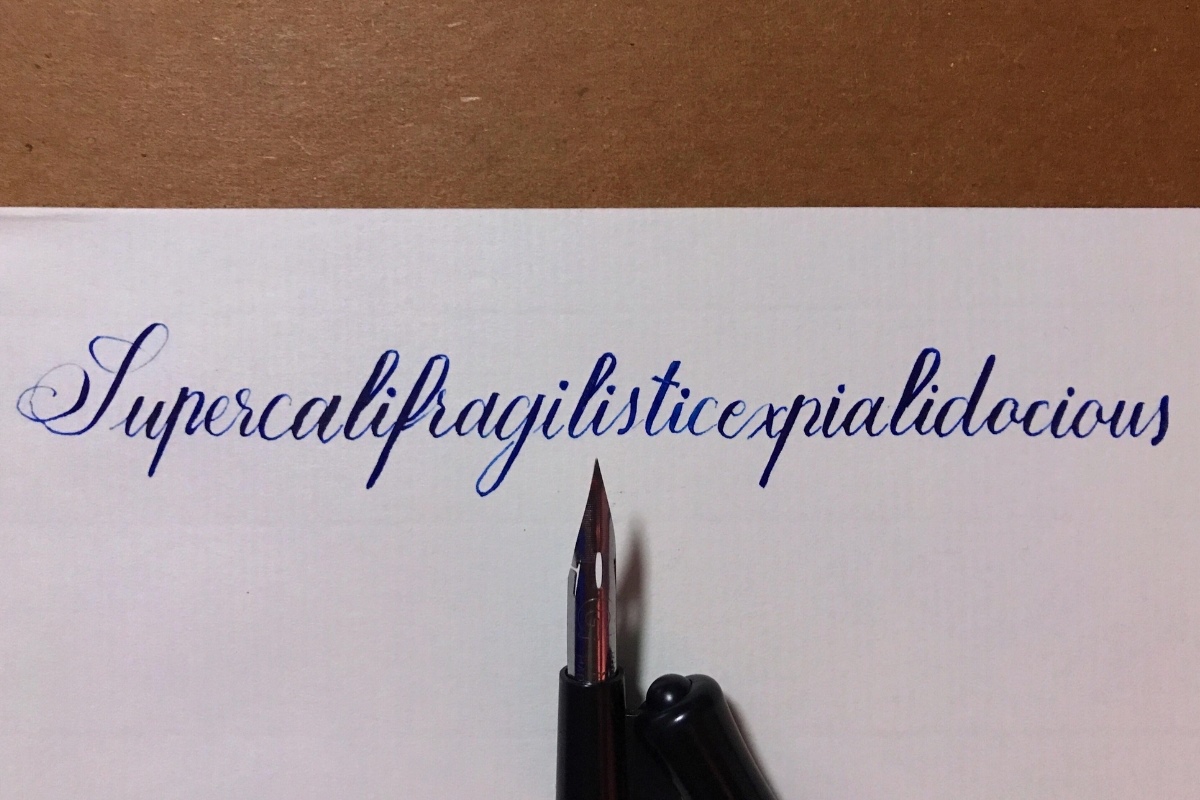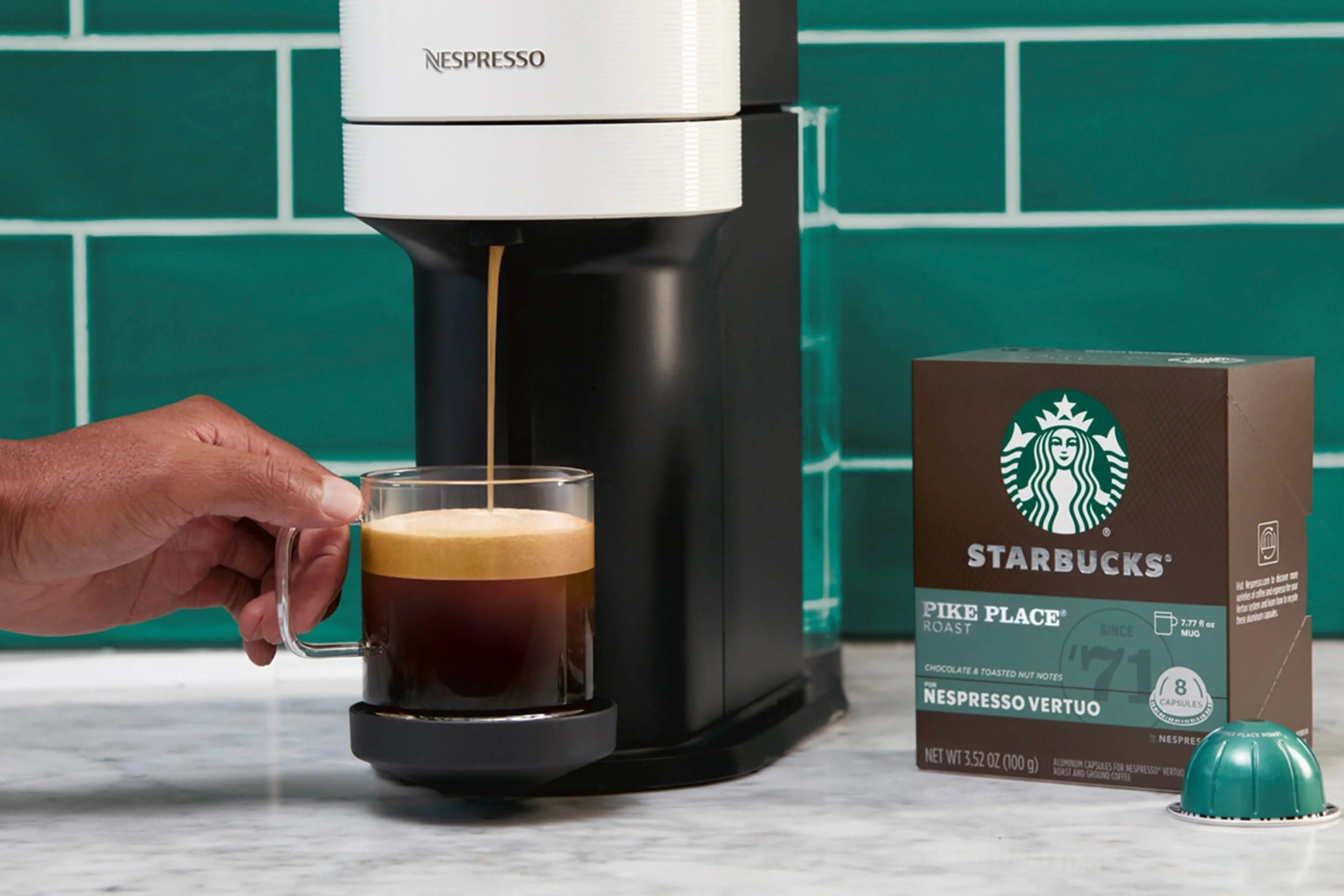Home>Health and Wellness>How To Use Smart Recovery For Addiction Recovery


Health and Wellness
How To Use Smart Recovery For Addiction Recovery
Published: March 3, 2024
Discover how to incorporate Smart Recovery techniques into your addiction recovery journey. Enhance your health and wellness with effective strategies and support. Start your path to a healthier lifestyle today.
(Many of the links in this article redirect to a specific reviewed product. Your purchase of these products through affiliate links helps to generate commission for Noodls.com, at no extra cost. Learn more)
Table of Contents
Introduction
Addiction recovery is a journey that requires a personalized approach, tailored to the unique needs of each individual. While traditional recovery programs have long been the cornerstone of addiction treatment, there is a growing recognition of the effectiveness of alternative methods. Smart Recovery, an acronym for Self-Management and Recovery Training, is one such approach that has gained traction in the realm of addiction recovery.
Smart Recovery offers a modern and science-based perspective on overcoming addiction, focusing on empowering individuals to take control of their recovery journey. Unlike traditional 12-step programs, Smart Recovery does not subscribe to the idea of powerlessness or reliance on a higher power. Instead, it emphasizes self-reliance, self-empowerment, and the use of evidence-based techniques to foster lasting change.
In this comprehensive guide, we will delve into the principles, tools, and techniques that form the foundation of Smart Recovery. Whether you are exploring options for your own recovery or seeking to support a loved one on their journey, understanding Smart Recovery can provide valuable insights and resources. By embracing a holistic and individualized approach, Smart Recovery offers a beacon of hope for those navigating the challenging terrain of addiction.
As we embark on this exploration of Smart Recovery, it is essential to approach the topic with an open mind and a willingness to embrace new perspectives. The journey to recovery is multifaceted, and by incorporating innovative approaches such as Smart Recovery, individuals can access a diverse toolkit to support their healing and transformation. Let us delve into the world of Smart Recovery and uncover the empowering strategies it offers for addiction recovery.
Understanding Smart Recovery
Smart Recovery, standing for Self-Management and Recovery Training, is a modern and evidence-based approach to addiction recovery. Unlike traditional 12-step programs, Smart Recovery does not adhere to the concept of powerlessness or the need to submit to a higher power. Instead, it places emphasis on self-empowerment, self-reliance, and the utilization of scientifically validated techniques to facilitate sustainable change.
At the core of Smart Recovery is the belief that individuals have the capacity to take control of their recovery journey. This approach aligns with the principles of cognitive-behavioral therapy (CBT) and motivational interviewing, which are integral components of the program. By integrating these therapeutic modalities, Smart Recovery equips individuals with practical tools to address addictive behaviors, manage cravings, and cultivate a balanced and fulfilling life.
One of the distinguishing features of Smart Recovery is its focus on self-empowerment. Participants are encouraged to harness their inner strengths and capabilities to navigate the challenges of addiction. This shift from a mindset of powerlessness to one of empowerment fosters a sense of agency and resilience, laying the groundwork for sustainable recovery.
Furthermore, Smart Recovery operates on the premise of self-management, emphasizing the importance of taking personal responsibility for one's actions and choices. Through the acquisition of coping skills, problem-solving strategies, and effective decision-making techniques, individuals are empowered to proactively manage their recovery journey.
In essence, Smart Recovery embodies a forward-thinking and individualized approach to addiction recovery. By embracing the principles of empowerment, self-management, and evidence-based interventions, Smart Recovery offers a beacon of hope for those seeking a transformative path to recovery. This understanding sets the stage for exploring the practical elements of the Smart Recovery program, including its Four-Point Program and the array of tools and techniques it encompasses.
The Four Point Program
The cornerstone of Smart Recovery is its Four Point Program, which serves as a comprehensive framework for individuals seeking to overcome addictive behaviors and lead fulfilling lives. This program is designed to address the multifaceted nature of addiction, encompassing cognitive, emotional, and behavioral dimensions. By embracing these four fundamental points, participants are equipped with the tools and strategies necessary to navigate the complexities of addiction recovery.
1. Building and Maintaining Motivation
The first point of the program revolves around cultivating and sustaining motivation for change. This involves exploring the intrinsic and extrinsic factors that drive individuals to seek recovery. Through introspection and self-assessment, participants identify their personal motivations, values, and goals, laying the groundwork for sustained commitment to the recovery journey. Additionally, the program emphasizes the exploration of ambivalence, acknowledging the conflicting feelings and thoughts that may arise during the process of change.
2. Coping with Urges
The second point focuses on developing effective coping strategies to manage urges and cravings. Participants learn to recognize triggers and high-risk situations, gaining insight into the underlying thoughts and emotions that precede addictive behaviors. By employing cognitive-behavioral techniques, such as identifying and challenging irrational beliefs, individuals acquire the skills to navigate urges and make informed choices aligned with their recovery goals.
3. Managing Thoughts, Feelings, and Behaviors
Point three delves into the intricate interplay between thoughts, emotions, and actions. Through cognitive restructuring and emotional regulation techniques, participants learn to identify and modify maladaptive thought patterns and emotional responses. This empowers individuals to cultivate resilience, enhance emotional well-being, and make constructive behavioral choices in alignment with their recovery objectives.
4. Living a Balanced Life
The fourth point underscores the importance of pursuing a balanced and fulfilling lifestyle. Participants explore avenues for enhancing their overall well-being, including areas such as self-care, relationships, leisure activities, and personal growth. By fostering a holistic approach to life beyond addiction, individuals are empowered to construct a meaningful and purposeful existence, reinforcing their commitment to sustained recovery.
By embracing the Four Point Program, individuals embarking on the Smart Recovery journey gain a comprehensive roadmap for transformation. This multifaceted approach addresses the complexities of addiction while nurturing personal growth, resilience, and empowerment. The Four Point Program stands as a testament to the progressive and individualized nature of Smart Recovery, offering a beacon of hope for those navigating the path to lasting change.
Tools and Techniques for Smart Recovery
Smart Recovery encompasses a diverse array of tools and techniques designed to empower individuals in their journey toward overcoming addictive behaviors and fostering sustainable change. These evidence-based strategies are tailored to address the multifaceted nature of addiction, equipping participants with practical skills to navigate challenges, manage cravings, and cultivate a balanced and fulfilling life.
Cognitive-Behavioral Techniques
Central to Smart Recovery are cognitive-behavioral techniques, which focus on identifying and modifying maladaptive thought patterns and behaviors. By utilizing cognitive restructuring, individuals learn to challenge irrational beliefs and replace them with rational and constructive thoughts. This cognitive reframing empowers participants to develop a healthier mindset and make informed choices aligned with their recovery goals.
Read more: How To Use A Curling Iron
Rational Emotive Behavior Therapy (REBT)
Smart Recovery integrates principles of Rational Emotive Behavior Therapy, emphasizing the role of irrational beliefs in driving addictive behaviors. Through the ABC model (Activating event, Beliefs, Consequences), participants gain insight into the interplay between external triggers, internal beliefs, and the resulting emotional and behavioral outcomes. By addressing and disputing irrational beliefs, individuals can effectively manage their emotional responses and make positive behavioral changes.
Mindfulness and Distress Tolerance
Mindfulness practices are instrumental in Smart Recovery, enabling individuals to cultivate present-moment awareness and non-judgmental acceptance of their experiences. By incorporating mindfulness meditation and distress tolerance techniques, participants develop resilience in the face of cravings and emotional distress, fostering a greater sense of self-control and emotional well-being.
Urge Surfing
Urge surfing is a mindfulness-based technique employed in Smart Recovery to navigate cravings and urges. Participants are guided to observe and ride the wave of cravings without acting on them, allowing the intensity of the urge to subside naturally. This technique promotes a non-reactive and accepting stance toward cravings, empowering individuals to skillfully manage their impulses without succumbing to addictive behaviors.
Lifestyle Balance
Smart Recovery emphasizes the importance of cultivating a balanced and fulfilling lifestyle beyond addiction. Participants are encouraged to explore avenues for self-care, leisure activities, social connections, and personal growth. By nurturing a holistic approach to well-being, individuals can enhance their overall quality of life and fortify their resilience in the recovery journey.
Read more: How To Use Thinning Shears
Relapse Prevention Planning
Participants engage in relapse prevention planning, which involves identifying potential triggers, developing coping strategies, and creating a personalized plan to navigate high-risk situations. By proactively addressing the possibility of relapse and formulating effective response strategies, individuals are better equipped to maintain their commitment to recovery and mitigate the impact of potential setbacks.
Incorporating these tools and techniques, Smart Recovery offers a comprehensive and dynamic framework for individuals seeking to transcend addictive behaviors and embrace a life of purpose, resilience, and empowerment. By harnessing the power of evidence-based strategies, participants can navigate the complexities of addiction recovery with confidence and determination, forging a path toward lasting transformation and well-being.
Finding Support and Resources
In the journey of addiction recovery, finding support and accessing valuable resources can significantly enhance the prospects of sustained healing and transformation. Smart Recovery recognizes the pivotal role of support systems and the availability of diverse resources in empowering individuals along their recovery path. Here are essential avenues for finding support and accessing resources within the framework of Smart Recovery:
Community Meetings and Online Forums
Smart Recovery offers a network of community meetings, both in-person and online, where individuals can connect with peers who are navigating similar challenges. These meetings provide a supportive environment for sharing experiences, exchanging insights, and fostering a sense of camaraderie. Additionally, online forums and virtual support groups serve as valuable platforms for engaging with a broader community, accessing round-the-clock support, and seeking guidance from individuals with diverse perspectives and experiences.
Professional Guidance and Counseling
Seeking professional guidance from qualified therapists, counselors, and addiction specialists is instrumental in the recovery journey. Smart Recovery encourages individuals to leverage the expertise of mental health professionals who are well-versed in evidence-based approaches to addiction treatment. Through individual counseling sessions, participants can receive personalized support, gain deeper insights into their recovery process, and develop tailored strategies for overcoming challenges and sustaining progress.
Read more: How To Use Lifting Straps
Educational Resources and Workshops
Smart Recovery provides a wealth of educational resources, including literature, workbooks, and online materials that offer valuable insights into addiction recovery, coping strategies, and personal development. Additionally, workshops and training sessions are available to equip individuals with practical skills, such as stress management techniques, effective communication strategies, and relapse prevention tools. By engaging with these resources, participants can expand their knowledge base and acquire essential tools for navigating the complexities of recovery.
Peer Sponsorship and Mentorship
The concept of peer sponsorship and mentorship is integral to Smart Recovery, as it fosters a sense of accountability, guidance, and encouragement within the community. Individuals who have progressed in their recovery journey can volunteer as sponsors or mentors, offering support, sharing their experiences, and providing valuable insights to those who are at earlier stages of recovery. This peer-to-peer support model creates a nurturing and empowering dynamic, where individuals can draw strength from the wisdom and encouragement of their peers.
Holistic Wellness Practices
Embracing holistic wellness practices, such as physical exercise, mindfulness meditation, and creative expression, can significantly contribute to the overall well-being of individuals in recovery. Smart Recovery emphasizes the importance of holistic self-care and encourages participants to explore diverse avenues for enhancing their physical, emotional, and spiritual wellness. By integrating these practices into their daily lives, individuals can cultivate resilience, reduce stress, and foster a sense of balance and vitality.
Community Partnerships and Referrals
Smart Recovery collaborates with community organizations, treatment facilities, and healthcare providers to facilitate seamless access to comprehensive support services. Through these partnerships, individuals can access a continuum of care, including medical support, psychiatric services, and social assistance programs. Additionally, referrals to specialized treatment providers and support services are available to address specific needs and circumstances, ensuring that individuals receive tailored and holistic support throughout their recovery journey.
By leveraging these avenues for support and resources, individuals engaging in Smart Recovery can access a robust framework of assistance, guidance, and empowerment. The multifaceted nature of these support systems aligns with the holistic approach of Smart Recovery, fostering an environment where individuals can thrive, grow, and navigate the complexities of addiction recovery with resilience and determination.
Read more: How To Use Hinge
Conclusion
In conclusion, Smart Recovery stands as a beacon of hope for individuals navigating the challenging terrain of addiction recovery. By embracing a modern and evidence-based approach, Smart Recovery empowers individuals to take control of their journey, cultivate resilience, and foster sustainable change. The Four Point Program serves as a comprehensive framework, addressing the cognitive, emotional, and behavioral dimensions of addiction while nurturing personal growth and empowerment.
Through the principles of self-empowerment, self-management, and evidence-based interventions, Smart Recovery offers a transformative path to recovery. Participants are equipped with a diverse array of tools and techniques, including cognitive-behavioral strategies, mindfulness practices, and relapse prevention planning, to navigate the complexities of addiction and cultivate a balanced and fulfilling life.
Furthermore, the availability of support systems and valuable resources within the Smart Recovery framework enhances the prospects of sustained healing and transformation. Community meetings, professional guidance, educational resources, peer sponsorship, and holistic wellness practices contribute to a nurturing and empowering environment, where individuals can access comprehensive support tailored to their unique needs.
As we reflect on the essence of Smart Recovery, it becomes evident that this approach transcends traditional paradigms of addiction treatment, offering a progressive and individualized pathway to recovery. By fostering a culture of empowerment, resilience, and community support, Smart Recovery paves the way for individuals to reclaim their lives, embrace purpose, and thrive beyond the confines of addiction.
In essence, Smart Recovery embodies the spirit of hope, empowerment, and transformation. It serves as a testament to the human capacity for resilience and growth, offering a holistic and dynamic framework for individuals to embark on a journey of healing and self-discovery. As we look toward the future of addiction recovery, the principles and practices of Smart Recovery stand as a guiding light, illuminating the path to sustained well-being, fulfillment, and lasting change.










